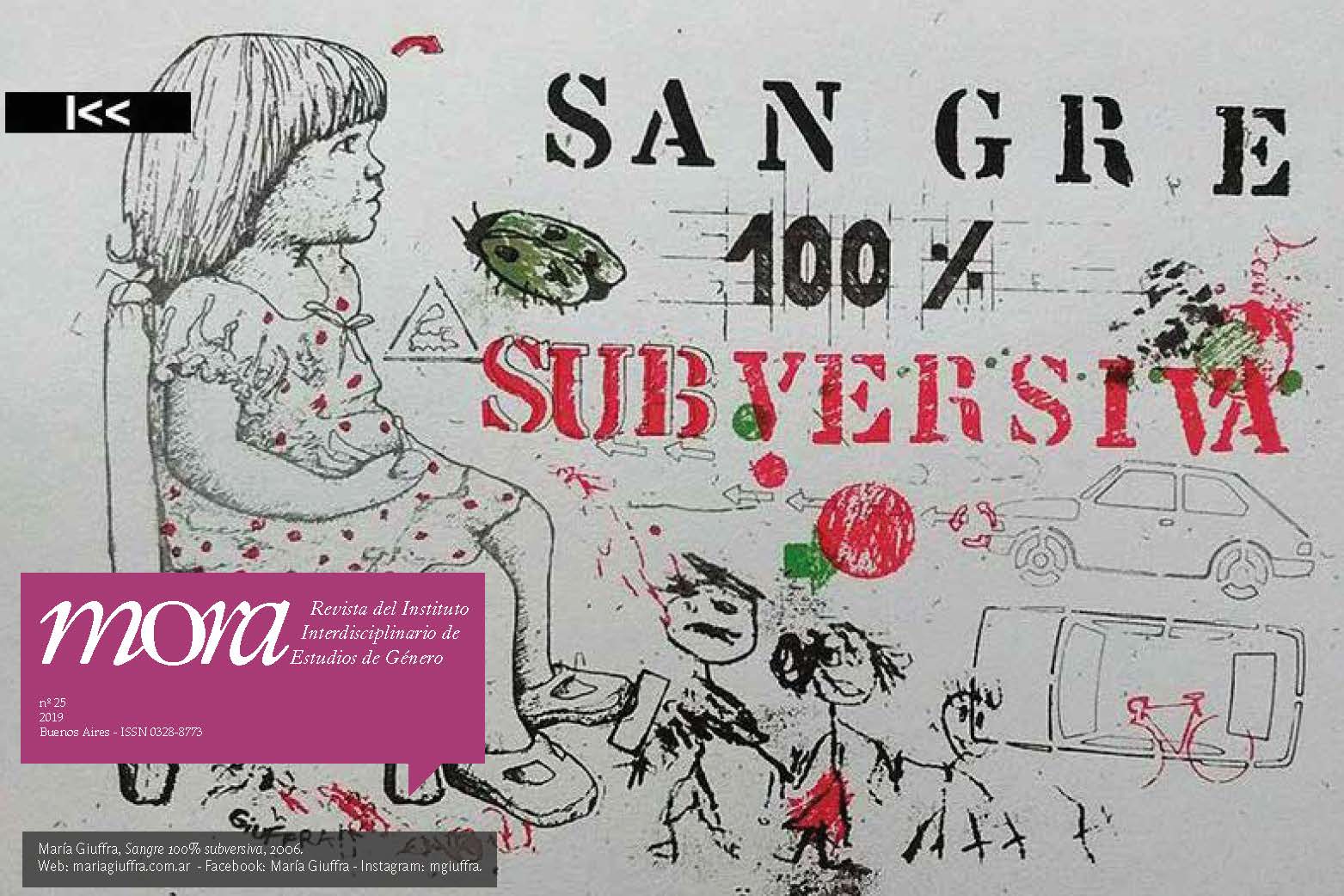Tiempos de destape: sexo, cultura y política en la Argentina de los ochenta
Abstract
The “uncovering” was the term with which in Argentina was known in the early eighties the growing exhibition of, and the debate on, issues and images considered prohibited or difficult to deal with, ranging from economic illicit during the dictatorship to the called issue of “desaparecidos” or missing people, to reach the approach that it finally took: sex. In this sense, the “uncover” was crossed by transnational phenomena. First, it was an update of the Argentine sexual culture after the most dramatic years of censorship imposed by the last dictatorship. That update was related to dynamics that started in the 1960s, intensified in the following decade, namely, the growing display of (semi) female nudes in graphic and television advertising; the thematization of sexual contents and the incorporation of explicit sex scenes in commercial cinema and theater; and fundamentally the consolidation of the pornography industry that entered the Argentine sexual culture intensely in the 1980s. Second, the “uncovering” was mediated by the domestic interpretation of the “uncovering” in other post-authoritarian societies. , notably post-Franco Spain. From this latter case, a term was resumed — the “uncovering” —and a series of categories that allowed the relationship between sex, culture and politics to be meaningful in a context that was seen as transitional, or open.Downloads
Download data is not yet available.
Published
2020-08-19
How to Cite
Manzano, V. (2020). Tiempos de destape: sexo, cultura y política en la Argentina de los ochenta. Mora, (25), 135-154. https://doi.org/10.34096/mora.n25.8526
Issue
Section
Dossier





1.png)




